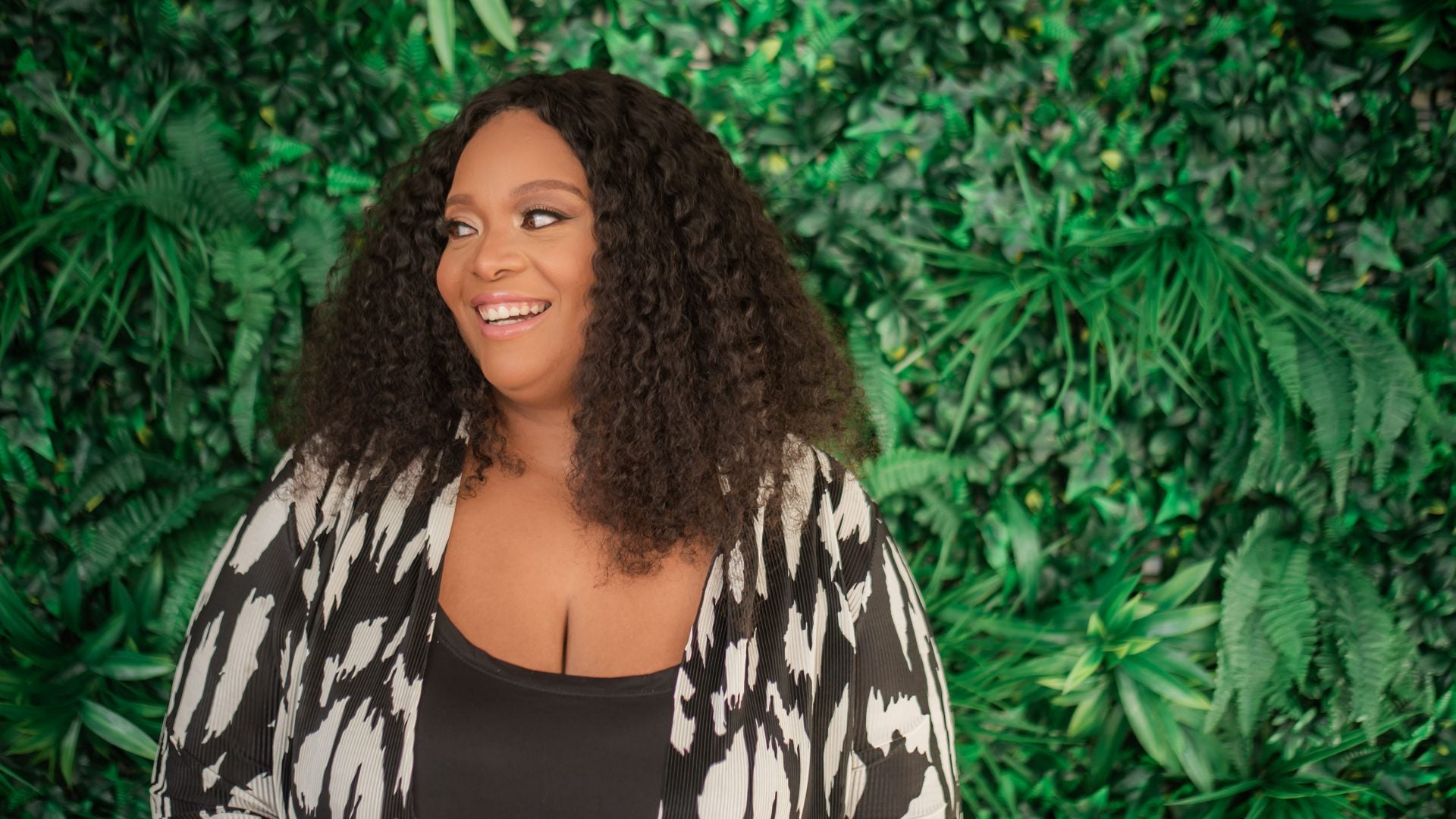
In 2017, Kimberly Wilson went through a personal medical emergency that would forever change the way she looked at healthcare. She was diagnosed with uterine fibroids but getting to that point was more traumatic and challenging than it should ever be.
“Over a period of six months, I visited four different providers—all of whom were White men,” Wilson shares. “Two completely dismissed my pain and trauma, while the other two stated that a hysterectomy was my only option. It wasn’t until finding a Black physician—over 100 miles away, that I received the culturally competent care that I needed and deserved.”
Kimberly’s experience wasn’t just disheartening, but after doing her research she found it was far too common, too.
“I realized at a young age that I would have to become my own healthcare advocate and that became more important than ever when I was diagnosed,” says Wilson. “While common in women, for Black women specifically, up to 90 percent will develop them (fibroids) by the age of 50. For many, they’ll never experience any issues, but if you’re like me, who had over 30 of them, they began to impact your other organs. As a Black woman, I then had to navigate the healthcare system.”
Frustrated with her own experience, Wilson became fiercely passionate about doing her part to ensure that another Black woman didn’t have to go through something similar should she have a medical crisis. That’s when Wilson decided to create HUED, a first-of-its-kind healthcare technology startup and website that connects patients with medical professionals that specifically understand their cultural, physical and mental-health needs. Wilson’s goal is to use the technology enabled platform to provide Black and Latinx communities access to culturally competent healthcare providers by reducing barriers that these communities face due to fear, distrust, comfortability and lack of access to quality care—all of which she experienced firsthand during her own ordeal.
“The truth is, there’s such an obvious lack of access, resources and opportunities for Black and Brown people and when it comes down to something as simple as taking care of our own health, we’re often finding these resources from one another rather than from a database,” says Wilson, who shares that HUED’s goal is to change the lives of 50,000 Black and Latinx patients by 2025.
Not only is Wilson helping to make life just a little bit easier for people of color seeking help from medical professionals, but she’s also making big waves in the tech space, where her first-of-its-kind healthcare app is changing the game and getting noticed.
As part of their Equitable Skincare for All campaign, Vaseline® has recently partnered with Wilson and HUED to co-create a search tool specifically focused on helping people identify and connect with dermatologists of color and those experienced in treating skin of color. Regina King is the spokeswoman for the powerful campaign.
“As much as we want to just create another app or online tech community, we know there’s a 360 approach to seeking care for Black and Latinx communities,” says Wilson. “There’s a cultural reprogramming that has to happen, and HUED’s product roadmap includes gamifying patient care to increase incentives for communities of color to seek preventive health measures.”
Wilson knows that her work is not done and her continued focus is on creating longer effects on how people of color navigate the healthcare system.
“We believe our technology can be a coach to support lasting behavioral change within our communities, and in this we hope to disrupt the $385B digital health market.”
Disrupting you are, sis. Bravo!